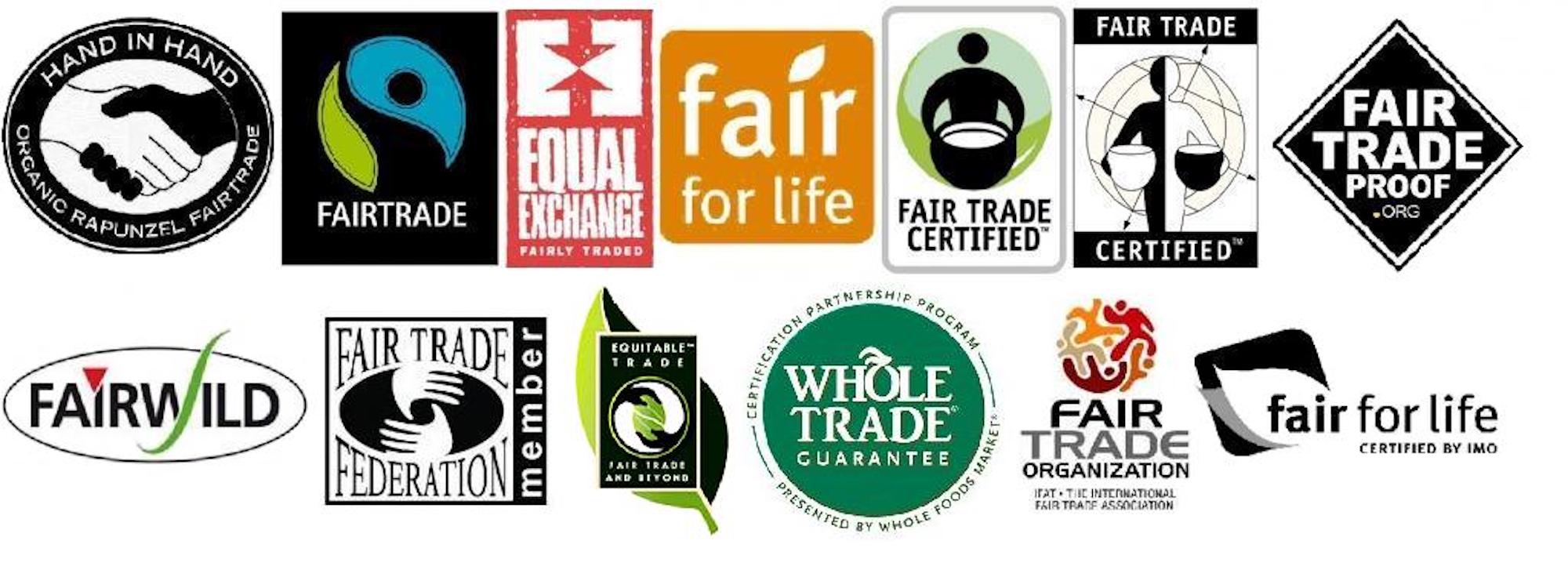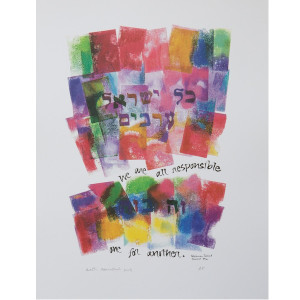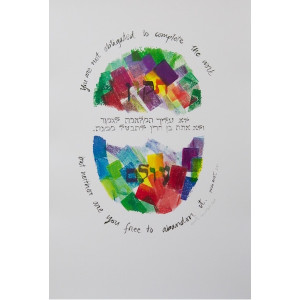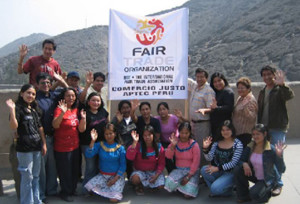Do you “Shop Kosher?”
Applying the same basic ethical and moral tenets that shape Kashrut to the purchase of tangible goods By Karen Akst SchecterYou may know how to buy a kosher steak. But do you know how to buy kosher things? Kashrut, at least in its purest form, should be more than just following rules; it should also reflect a higher ethos – as they say in the Hebrew National commercials, kosher answers to a “higher authority.” So, while we may know what to look for when purchasing kosher foods – the “hechsher” on packaged goods, the Certificate of Supervision displayed by your butcher or favorite restaurant, perhaps the organic and free-range labels – the question is whether there is a way we can apply the same basic ethical and moral tenets that shape Kashrut to the purchase of other products, even Judaica. The answer is a resounding yes: we can do so by purchasing Fair Trade and/or Ethically Sourced Goods. These two worldwide movements form the basis of Shopping Kosher.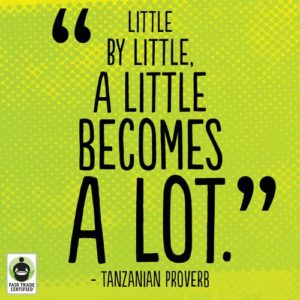
Kosher laws are broadly based on two principles: healthfulness and adherence to ethical standards. Most of us are aware of the health issues and why it is prohibited to eat pork or “bottom feeder” fish. Ethical considerations for many are formed around animal rights. But ethical concerns may go much deeper and are a reflection of our humanity. The best example is the rule concerning the Shochet (the person who slaughters livestock) who in addition to following the rules of kosher slaughter, must “be a person of highest ethical and moral standing” in his/her personal life. The intent here is clear: kashrut forms the basis of daily Jewish life and is much greater than simply a list of foods we can and cannot eat and when we can eat them.
More importantly, it brings into sharp focus that all the aspects of our lives are interwoven and interdependent, and that we must be mindful of our humanity. Simply put, adherence to dietary rules alone does not make our lives “kosher,” nor does the mere presence of a “hechsher.”
So how, and why, should we apply kosher principles to the purchase of non-food?
Imagine these scenarios:
- After a proper Jewish breakfast of bagels and lox, you head off to Shabbat services. You carry your cherished tallit, kosher tzitzit and all, to shul in a tallit bag that was sewn in a sweatshop, perhaps by a child or by workerslaboring in deplorable conditions. Does this make your tallit “unkosher?” Technically? No. Ethically? That’s another question.
- With the intoxicating aroma of brisket and latkes, you gather your children or grandchildren to light the Hanukah Menorah. They have learned about the Miracle of Lights and their faces light up even brighter than the Shamash as each candle is lit. The Menorah, all sparkling and new, is beautiful. But its chrome plating was applied in a factory that dumped the excess of this highly cancerous material into a local river and whose blast furnaces belch noxious fumes into the air. While the candles burn bright, the sunlight over the factory is all but blocked out by the choking smog. The miracle these workers pray for is to avoid sickness and despair.
- Your loved ones are gathered around the seder table and will retell the story of our flight from slavery. A beautiful seder plate occupies the center of the table, next to the pile of matzot contained in an embroidered bag. But that plate and bag were made by laborers who are virtually enslaved in a never-ending cycle of poverty. Paid a mere few dollars, forced to work long hours in inhuman conditions, and so often tragically joined by their young children who have given up hopes of a better life in order to help their families survive. When will these families throw off their bonds of oppression and set a course towards their “promised land?’ The sad truth is never if we continue to buy these products and perpetuate this cycle of immorality.
Shopping Kosher
“Shopping Kosher” will not only help us live a more morally and ethically based life, but will help us in our perpetual mission of “Tikkun Olam” – repairing the world.
We can start by supporting products produced according to two worldwide movements:
Buying goods imported by members of Fair Trade organizations guarantees that the artisan/craftspeople receive a fair price for their goods and helps them build a sustainable industry to help lift them from poverty and enjoy a better life with adequate food and education. You may be familiar with this concept when buying coffee or chocolate, but it is equally as important when buying goods and craft pieces. Members of Fair Trade organizations are extensively vetted to ensure that craftspeople are compensated at prices that will allow them to thrive and not simply survive.
Ethically Sourced goods ensure that people, animals and the environment shall not be harmed in the manufacturing process. While Fair Trade is verified through a certification process, Ethically Sourced demands resellers perform “due diligence” in order to ensure they are, in fact, offering goods that meet the definition. While this places another burden on the merchant, like the Shochet who slaughters livestock, it demands that they themselves be people of high moral standing. In short, people you can trust.
According to Maimonides, there are eight levels of charity: the highest is to give to someone in a way that enables the recipient to support him or herself and to no longer rely on charity. This is the very essence of Fair Trade and Ethical Sourcing. That is why we believe that these two movements form the foundation of “Shopping Kosher.” We are proud to be at the forefront of the “Shopping Kosher” movement by embracing this concept as the credo of our gallery and website. Yes, we may not be able to get plastic dreidels and other mass-produced products. But the selection is beautiful and the “return on investment” enormous.
So now imagine this:
- Arriving at shul, you reach into your new tallit bag. Handwoven from silk by an artisan who carries on a family tradition and can now can afford to have her children receive a better education. One day they may decide to grow the family business or – well, the future is full of possibility.
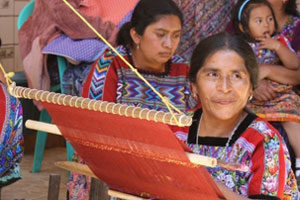
- After lighting the Hanukah candles, your children spin a dreidel crafted from a tagua nut by a Peruvian artist. The artist received a fair price and the dreidel is crafted from a renewable resource. The children are rewarded with guilt-free Hanukah Gelt, made from cocoa harvested by workers who are fairly treated and who are not children themselves.

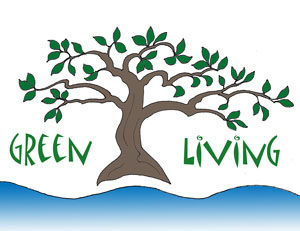

- Filled with wine and delicious Passover foods, we ask; “Why is this night different from all other nights?” As we admire the Seder plate, matzoh cover and Elijah and Miriam’s cups, all Fairly Traded or Ethically Sourced, the traditional answer is “because on this night we recline when we eat.” But the Shopping Kosher answer is:
“Because on this night, and in the choices we make, we let others stand tall.”

